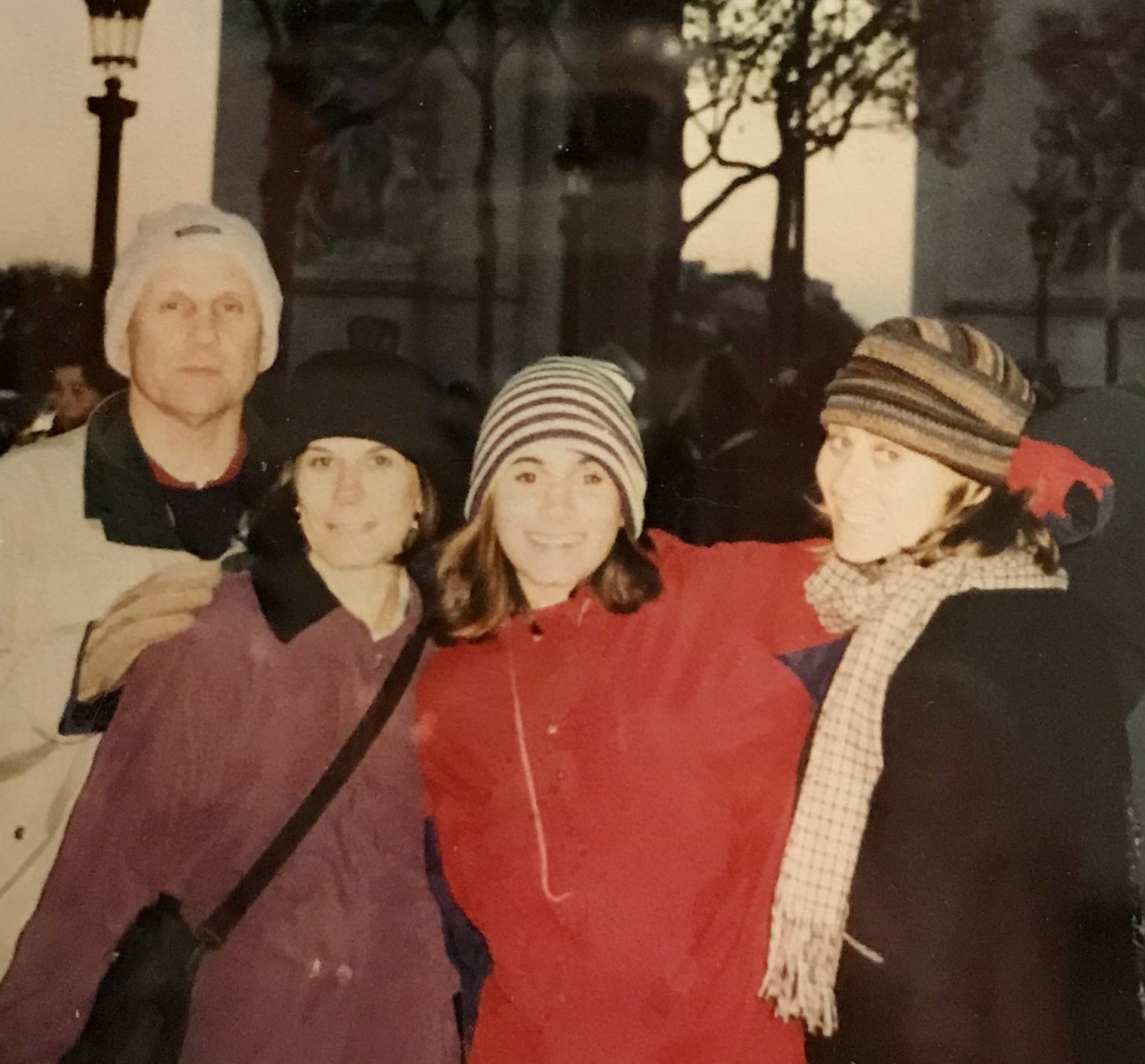I recently found a folder of information that I collected from the Alzheimer’s Association and other agencies soon after Mom was diagnosed. This included lists of support groups for family members and adult day services as well as tips and suggestions on selecting services. Most interesting was the Action Plan formulated during a Care Consultation with an Early Stage Coordinator at the Alzheimer’s Association that my sister mentioned in an earlier post. It was dated February 22, 2009. The Action Steps are below:
- M will discontinue baby sitting on her own. The family is encouraged to find ways that M can continue to provide care for H in a setting in which she is not alone with him.
- Due to safety concerns, the stove should be unplugged when M is home alone.
- Foods that are left for M to eat for lunch or dinner should be put on a separate shelf in the refrigerator or on a shelf with very few other items. One can expect that the PCA will make it difficult or impossible for M to find meals that are seemingly right in front of her. Meals on Wheels may be an option, but an adult day program would probably be best.
- B will look into options for dinners, such as Time for Dinner.
- The family will explore Adult Day program options. A list was provided.
- M will be enrolled in the Let’s Talk program, the Alzheimer’s Association’s telephone-based peer support program for people with memory loss.
- The family will be given priority in being admitted to Project Esteem, the Alzheimer’s Association’s education/support program for people with early stage dementia and their family members.
- M will be enrolled in the Medic Alert Safe Return program. T is encouraged to wear the caregiver bracelet/necklace. An application was provided.
- The family and/or M will discuss depression with her physician. Depression is very common in people who have PCA, and M is exhibiting some signs of depression.
- M will be enrolled in Lifeline. An informational brochure was provided.
- M’s daughters will assist with de-cluttering the home. This may be best accomplished when M is out of the home.
- The family will look into purchasing a telephone that will allow M to call people by pushing a button with a photo of the person she wants to call. These phones are available through medical supply stores and online.
- The family will work together to develop a schedule of people who can assist/spend time with M. It would be helpful to have a list of ways people can help. Other family members, neighbors, friends and colleagues should be enlisted to do whatever they feel they can.
- Having a young family member with PCA can be very difficult to deal with emotionally. M’s husband and daughters are encouraged to attend a support group and/or utilize individual counseling. Lists were provided.
Your family was a pleasure to work with. You are dealing with a very difficult situation, but you have strengths that other families don’t have. The above list is longer than most action plans that families get from a Care Consultation. Please don’t let it overwhelm you. Items 6 & 7 depend on actions to be taken by staff at the Alzheimer’s Association, and you should expect to hear from us soon. Outside of those two, I would advise that the safety issues be addressed first (items 1, 2, and 8) and that nutrition should be second. After that, just gradually work on the action plan as you are able, one or two items at a time.
